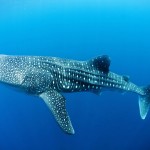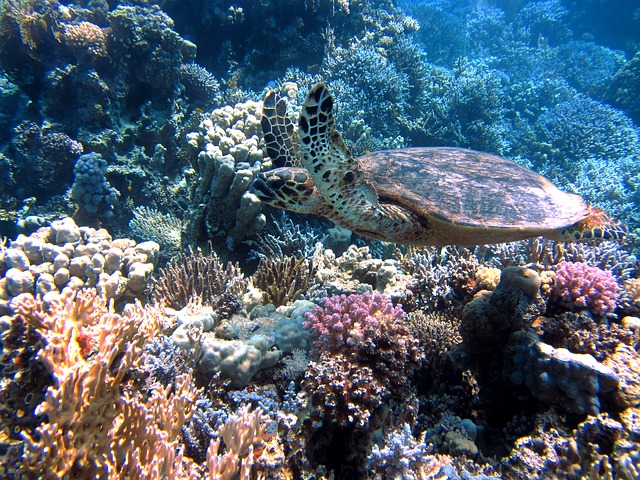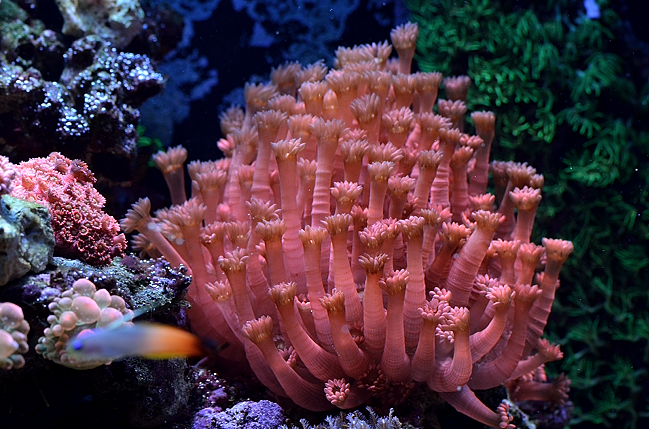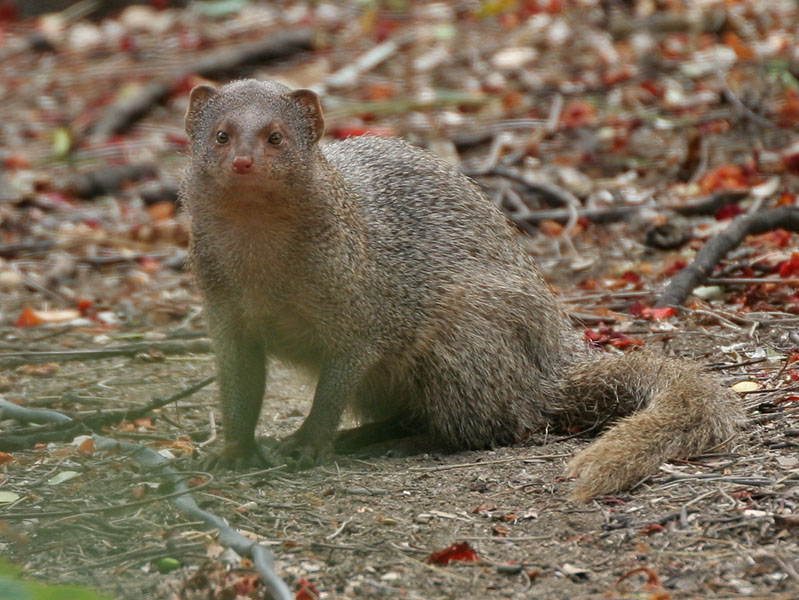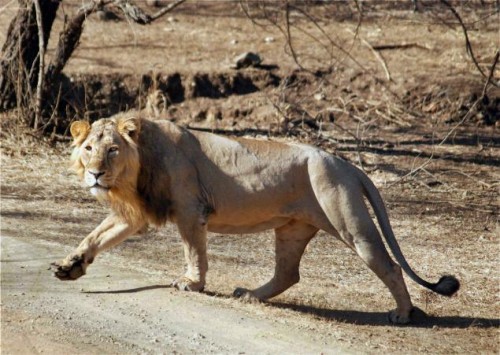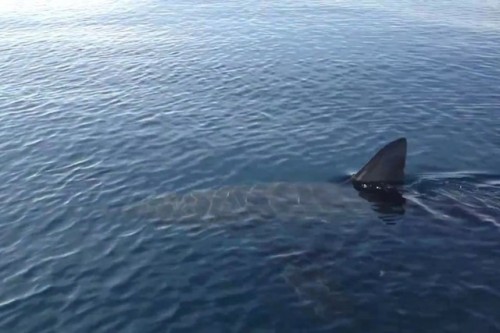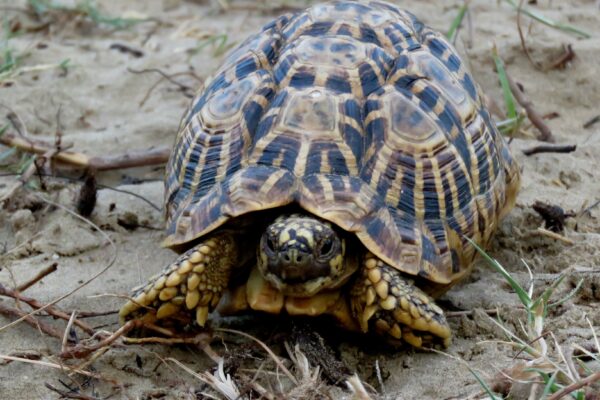It was a strange predicament for the officers of the Wildlife Crime Control Bureau (WCCB) few days back when they seized 20 live corals from a house in Kolkata. Unlike other species usually rescued by them that can be released in safe habitats locally, in order to save the corals, the officers have to restore these corals at exactly the same location from where they had been taken – a cluster of islands 2000 km from Kolkata, at the Gulf of Munnar.
Read More: Artificial Corals Boost Ecosystem and Livelihood
The corals were retrieved from the home of Upendranath Goswami, a 26 year old who was trying to sell them to a marine hobbyist. The accused said he got the live corals from the eastern coast between the island of Rameswaram and Thoothukudi, Tami Nadu in The Gulf of Munnar.
“If the corals need to be saved they should be restored in their natural reefs in Tuticorin. We have contacted the officials of Tamil Nadu Forest department and sought permission of the Court in West Bengal so that these corals can be restored to their natural habitat,” Deputy Director, WCCB, Eastern Region, Agni Mitra told The Hindu.
Hard corals are Schedule 1 protected marine species under the Wildlife Protection Act of India 1972. These living forests of the sea are not only vital as home to a number of species of fish, turtles and sharks, they also provide nutrition and protection. Corals are extremely sensitive to even minute temperature changes in the ocean, climate change being a major challenge for their survival. Usually, temperature, injury or predation may lead to corals loosing all their colour and turning white, which is known as bleaching.
Read More: Restoration Of Corals Best Way To Save Human Lives
Thankfully, for the corals seized in Kolkata, they are still healthy. Because of the unusual circumstances, the WCCB officials have temporarily engaged the accused to look after them till they can be safely transported back to their original habitat.
As per The Hindu, coral expert and scientist at the Zoological Survey of India (ZSI), Tamal Mondal identified the corals under genus Goniopora sp (flower pot coral), Favites sp (dome-shaped corals) and Symphyllia sp. (brain shaped corals)

“It is not easy to extract a live coral from its reefs by bare hands; tools like hammers and chisel must have been used. This also indicates a smuggling network which needs to be busted to save the coral ecosystem,” Mr. Mondal said.
Among these, the Goniopora or flower pot coral is very difficult to keep alive as it is extremely sensitive to touch.
Read More: Mesmerizing Coral Spawning Recorded In Lakshwadeep For the First Time



